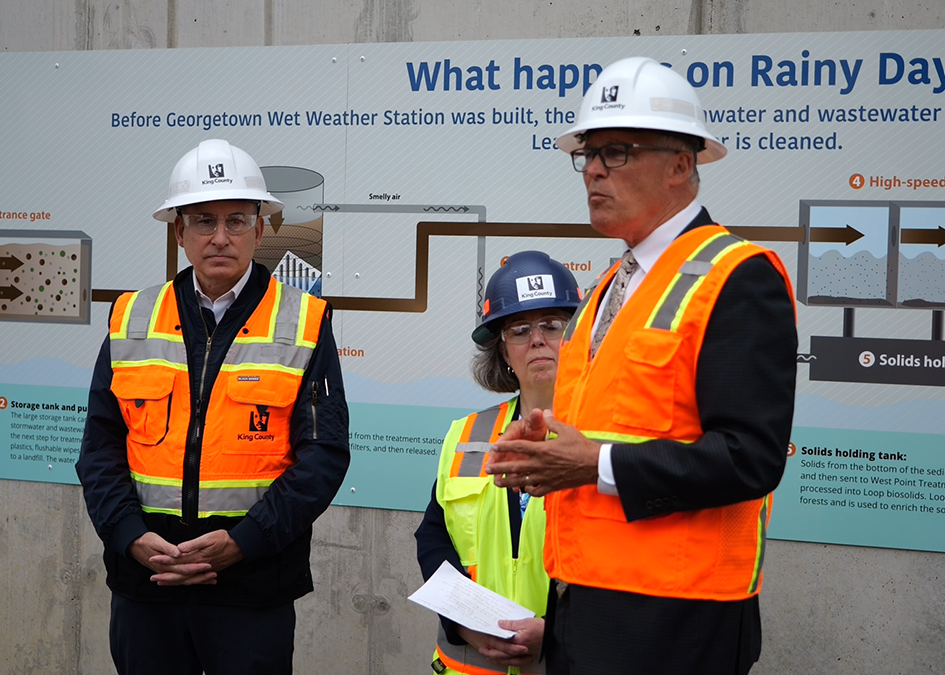Washington State Funds 71 Community Clean Energy Projects to Combat Climate Change
Key Ideas
- Washington State Department of Commerce allocates $72.6 million for 71 grants across 24 counties to support clean energy projects like solar, hydrogen fueling, and microgrids.
- Funding aims to benefit communities most affected by climate change, promoting environmental justice and equity while creating cleaner air for children.
- Projects range from solar installations and microgrid development to carbon-free fertilizer production, with a focus on enhancing energy efficiency and sustainability.
- Community-led initiatives receive technical assistance to navigate grant applications, ensuring projects meet the needs of diverse populations and address climate threats.
The Washington State Department of Commerce has announced $72.6 million in grants for 71 community clean energy projects across 24 counties in Washington. These projects, funded by Washington's Climate Commitment Act, include initiatives such as solar installations, hydrogen fueling, microgrids, and more, aimed at advancing environmental justice and equity while combatting climate change. Governor Jay Inslee highlighted the importance of these grants in creating cleaner air for children and empowering communities most impacted by climate change.
Projects funded vary in scope, from feasibility studies for municipal solar projects to large-scale endeavors like carbon-free fertilizer production. Notably, a significant focus is on benefiting low-income and marginalized communities, with an emphasis on environmental justice angles. The grants also aim to facilitate greenhouse gas reductions in challenging sectors like industrial processes.
To support community-led initiatives, technical assistance was provided to guide applicants through the grant application process. This assistance was crucial in helping organizations, including local governments, schools, nonprofits, businesses, and tribes, develop projects that align with their communities' needs. By prioritizing community input and feedback, the grants aim to address diverse climate threats and promote sustainability across the state.
One of the highlighted projects is the installation of a solar photovoltaic array at the Georgetown Wet Weather Treatment Station in King County. This facility, instrumental in treating stormwater and sewage, will use the grant to enhance its energy efficiency and resilience. Other projects include solar and storage installations at the Federal Way United Methodist Church, demonstrating how clean energy initiatives can support broader community services.
Overall, the grants serve as a testament to Washington's commitment to combatting climate change through community-driven clean energy solutions. By empowering diverse stakeholders and prioritizing environmental justice, these projects are paving the way for a more sustainable and resilient future.
Topics
Projects
Renewable Energy
Clean Energy
Community Projects
Grant Funding
Solar Power
Environmental Justice
Climate Resilience
Equity
Latest News
